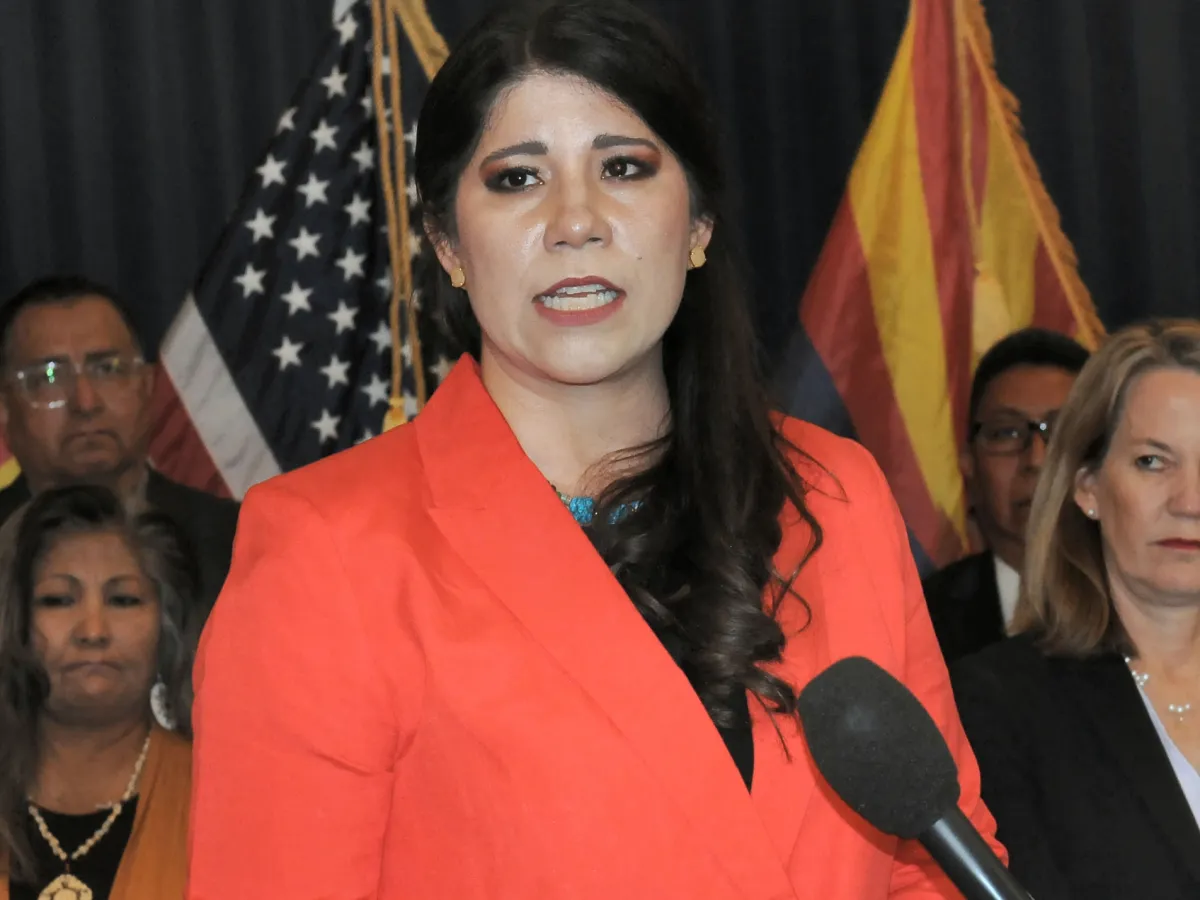State leaders misled public about scope of Medicaid fraud crisis

Arizona Center for Investigative Reporting by Hannah Bassett, March 14, 2024:
In the 10 months since Arizona officials announced an investigation into massive Medicaid billing fraud, they’ve maintained the abuse was mostly limited to a small share of the Arizona Health Care Cost Containment System: behavioral health providers that exploited the agency’s fee-for-service plans.
But the agency acknowledged this week that fraud also spread into its managed care organizations, which oversee 90% of AHCCCS services—meaning the crisis ultimately affected the agency’s entire provider ecosystem, not just those highlighted as the epicenter of the scandal.
Gov. Katie Hobbs’ office told AZCIR this week that similarities in suspected fraud patterns exist across both fee-for-service and managed care, but that “it is still hard to determine the full scope of this crisis.”
The revelations follow a series of AZCIR inquiries to better understand AHCCCS decisions to quietly waive key provider screening requirements and other safeguards during the pandemic, several of which the agency did not disclose for the nearly two years they were in effect.
The changes relaxed standard protocols to vet AHCCCS providers, allowing a host of provider types beyond behavioral health operators to get taxpayer-funded reimbursements without undergoing standard screenings like fingerprint checks and site visits, according to documents obtained by AZCIR. AHCCCS also opted to halt routine audits and license verifications to detect and remove unqualified providers.
Fraudulent billing has cost Arizona taxpayers at least $2 billion, with the scandal—and the state’s response—harming more than 7,000 people and disproportionately affecting Indigenous communities. The true breadth remains unclear, however, in part because state leaders managing the response have not been forthcoming with the public, including lawmakers.
Officials’ lack of transparency raises questions about how effectively they are addressing the root causes of what Attorney General Kris Mayes has dubbed one of the largest scandals in state history. It also undercuts confidence in a system that is designed to support the state’s most vulnerable populations.
Since state officials launched investigations in May 2023, agency leader Carmen Heredia has publicly stated that she does not believe managed care had been compromised. When addressing state lawmakers as recently as this January, she made no reference to fraud within managed care or COVID-era changes that may have contributed to the crisis.
The Attorney General’s Office declined to comment on the policy changes or their impact, citing its ongoing investigation.
A meaningful accounting of the crisis and its origins is urgently needed, according to Alan Johnson, chief assistant state attorney for the 15th Judicial Circuit in Florida. Johnson has spent eight years grappling with corrupt addiction treatment operators and state neglect alongside his colleagues.
“I can recognize a mess when I see one,” he said, urging policymakers to examine where licensing and regulation systems broke down. “It’s a mess in Arizona.”
Read more from the Arizona Center for Investigative Reporting here.




